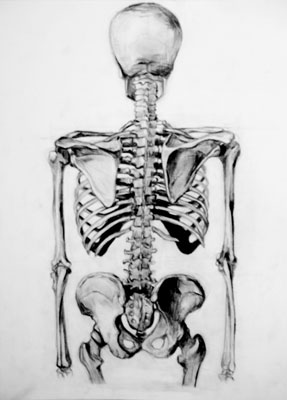All Nonfiction
- Bullying
- Books
- Academic
- Author Interviews
- Celebrity interviews
- College Articles
- College Essays
- Educator of the Year
- Heroes
- Interviews
- Memoir
- Personal Experience
- Sports
- Travel & Culture
All Opinions
- Bullying
- Current Events / Politics
- Discrimination
- Drugs / Alcohol / Smoking
- Entertainment / Celebrities
- Environment
- Love / Relationships
- Movies / Music / TV
- Pop Culture / Trends
- School / College
- Social Issues / Civics
- Spirituality / Religion
- Sports / Hobbies
All Hot Topics
- Bullying
- Community Service
- Environment
- Health
- Letters to the Editor
- Pride & Prejudice
- What Matters
- Back
Summer Guide
- Program Links
- Program Reviews
- Back
College Guide
- College Links
- College Reviews
- College Essays
- College Articles
- Back
Why We Love Horror MAG
What is it about scary movies that is so appealing to us? Of course, cinematic fear is fleeting. It cannot touch our surface of reality. Therefore, we love horror movies.
Fear is a popular and common theme in books and movies. But in reality, fear hardly touches many of our lives. It is a distant feeling that we mentally grasp but emotionally are oblivious to. Horror movies temporarily create that emotional experience without devastating consequences. If a man with an ax is not actually chasing you, it's perfectly fine to watch him chase a character in a movie.
Admittedly, many people avoid horror movies. The psychological trauma, the gore, the anticipation, and the endings with no definite resolution create something unpleasant to these viewers: fear. Some people reject fear for the same reason others crave it. Fear is a rare, infrequent experience. The strange, exotic feeling is like a drug. Some try it for the first time and are hooked, while others retch in disgust.
It's no coincidence that horror movies (or at least the good ones) originate from wealthy nations. For example, Japan produces the best psychological horrors that give audiences insomnia for days, even sometimes months. Poorer nations confront real fear far more frequently than most of us. Of course, there are exceptions. There are people facing real-life horrors every day in the United States as well as in every nation.
If horror movies are a mark of wealthy nations, it follows that the growing popularity of the movies also signals changes in society. Perhaps society is truly heading down Ray Bradbury's Fahrenheit 451 path. Will we become a gore-loving, emotionally insensitive society? Will we become more violent if we watch these movies?
Horror movies also provide a sick sense of comfort that we can be scared while not needing to feel anything emotionally for the victim. After all, that's only an actor getting impaled. In some ways, horror movies mitigate life's difficulties. When you're watching sorority girls accidentally kill a freshman, the anticipation of a college acceptance letter suddenly becomes less engrossing.
Ultimately, the psychological thrill is what captivates the audience. We feed off these emotions and the adrenaline rush. Perhaps there is some elaborate scientific explanation as to why horror movies are popular with some and despicable to others. Regardless, horror movies are a form of art. To create the perfect horror movie is not an easy task. Too much gore disgusts the audience; an ending that answers all our questions won't leave us disturbed; too many mythical or fantastical elements destroy the movie's credibility.
The art of a horror movie is like music. The accumulation of events, the climax, and the finale are what create the overall impact. In this society of dying art forms, boy bands, and chick flicks, horror movies are alive and kicking.

Similar Articles
JOIN THE DISCUSSION
This article has 4 comments.
